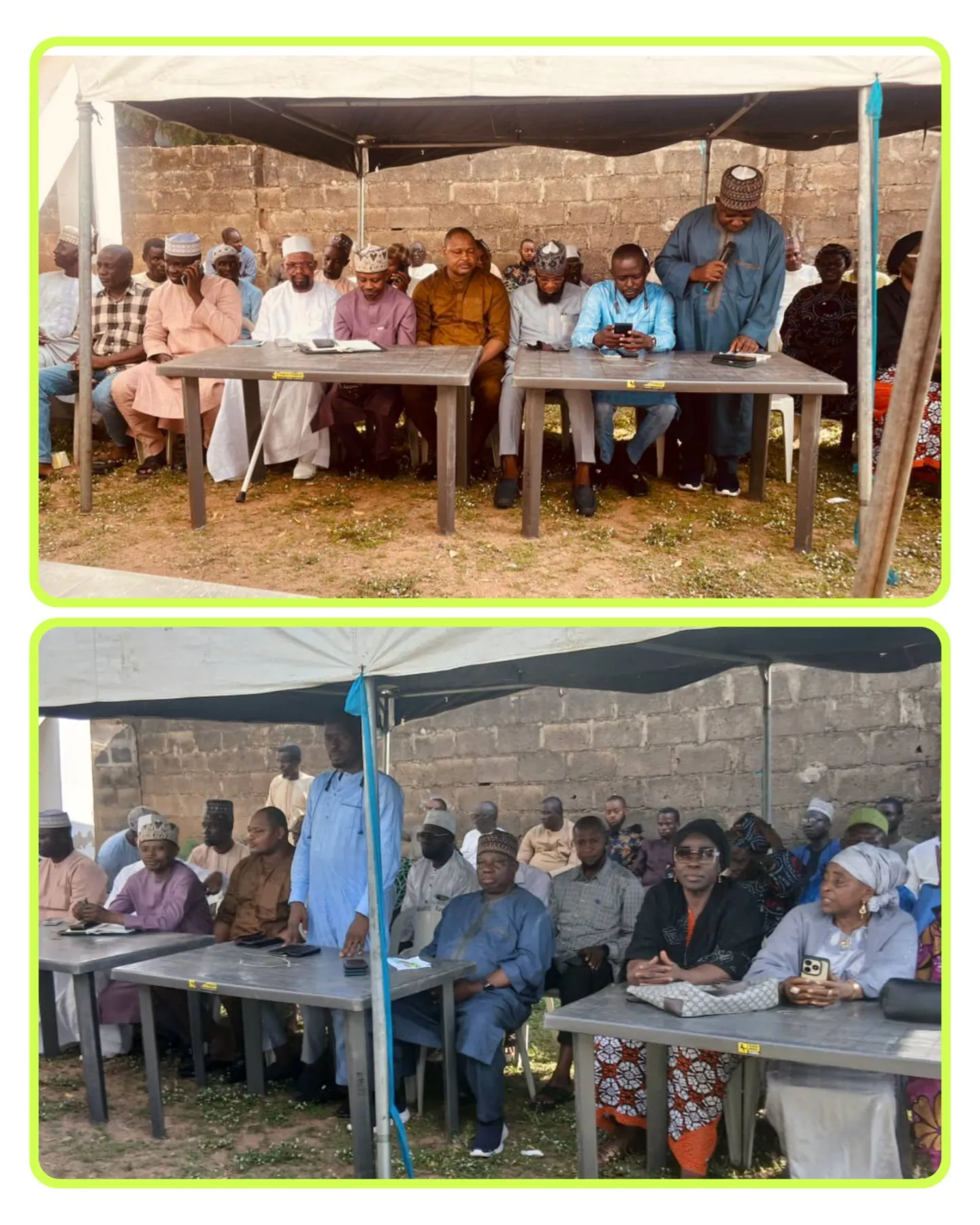Abdulkadir Abdulkabir
Senator Saliu Mustapha’s team, as contained in one Saad Dembo’s opinion, rather than absolve the Kwara Central Senator, has reemphasized the bad blood running in the political vein of the Senator and his team against the Governor of Kwara state, AbdulRahman AbdulRazaq.
The piece which struggles unsuccessfully to present a defense of Senator Saliu Mustapha while criticizing the Kwara State Government’s handling of the Sulu-Gambari Pavilion project, raises significant points that challenge the Senator’s defense.
Firstly, it is problematic to realize that in all of the ten paragraphs opinion by the Senator’s team, it disregards Senator Mustapha’s own admission of circumventing the construction protocols, which is least expected of one worth calling a “lawmaker”. If the senator can indeed confessed to bypassing established processes, is the author not actually supposed to direct the allegation of undermining the entire project to their leader instead of the opinion that insists the same lawbreaker, Senator Saliu Mustapha deserves support and recognition.
Lawmakers are expected to uphold the law; consequently, irrespective of political affiliation, due process and accountability should not be negotiable. With the singular act of overlooking that critical element of lawlessness perpetuated by a supposed lawmaker, the piece by the Senator’s team risks appearing disingenuous to those who prioritize legal and procedural integrity in governance, beyond political maneuverings.
Membership of the ruling party is not a certificate for lawlessness. Political loyalty should not absolve officials of their responsibilities to adhere to legislation and procedural norms. Leadership should embody the principles it seeks to promote and the notion that certain individuals should be immune to repercussions due to their political affiliations is a dangerous precedent that could encourage further disregard for regulations. If indeed, the principle of Otoge resonates with the Senator, he shouldn’t nurture such ill-willed principles.
As usual, the consistent strategy employed by Saliu Mustapha’s team to portray the Governor unfavorably before the people is well established in their new position. The actions of his aides, engagement of clerics and making antagonistic public statements, seem to reflect not just a political maneuver, but a deliberate misstep in genuine communication and accountability to the public. Instead of fostering truthful and constructive dialogue, such tactics risk alienation and further complicate the political climate in Kwara State. One would expect the Senator’s team to present documents that proves they are making efforts to do what is right as a defense. But no, the politics is more important to them than any meaningful development.
The Office of Senator Saliu Mustapha does not only have flagrant disregard for law. They have undisguised disrespect for the people of Kwara Central.
While the writer feigned a call for unity and collaborative governance, it is essential to recognize that calls for collaboration must be rooted in mutual respect for legality and due process. Thus, it is not just a case of political rivalry as they want to make Kwarans believe; it is basically about the integrity of governance practices. An environment that encourages impunity, regardless of political affiliation, could spell disaster for governance in the long run. The same Senate where Saliu Mustapha represents Kwara Central recently suspended his colleague, Sen. Natasha for allegedly defying the in-house rules of the red chamber, not even a State law.
Their deceptive idealistic view of the Pavilion as a “symbol of unity, progress and shared heritage” fundamentally relies on proper procedural adherence and a commitment to transparency from all parties. Without these elements, such aspirations may remain unfulfilled, tainted by controversy and public distrust.
The heritage of Ilorin and the safety of Kwarans are actually under threat more with a Senator who is hellbent of building a Pavilion without proper, structural and engineering requirements.
Peace and progress cannot be built on a foundation of bad faith and deliberate treachery. Such actions by Sen. Saliu Mustapha and his team erode trust, undermine cooperation and create an environment ripe for conflict rather than collaboration.
It is essential to uphold integrity and principled behavior as foundational aspects of a healthy society. Building peace requires honesty, accountability and a commitment to ethical conduct from all leaders, especially those in public offices.
Without mincing words, the actions and inactions of Senator Mustapha reflect a disregard for these essential principles. If truly he cares about progress and harmonious political landscape in Kwara state, it is paramount that all leaders, including the Senator, embrace a path marked by sincerity and respect for due processes. Only then can we hope to construct a future grounded in trust, collaboration and mutual respect.
Abdulkabir, a political scientist, writes from Sango, Ilorin South, Kwara State.




